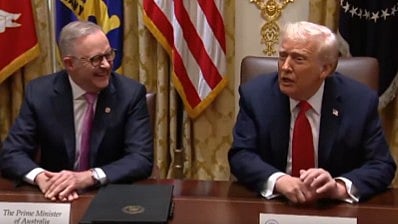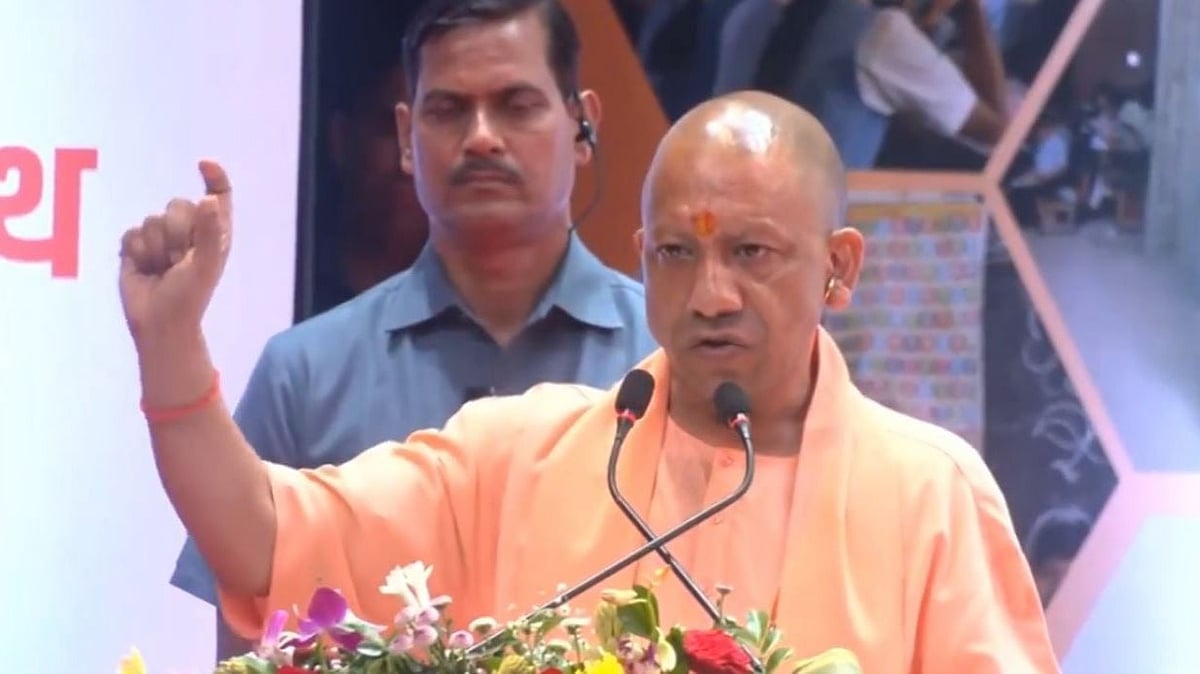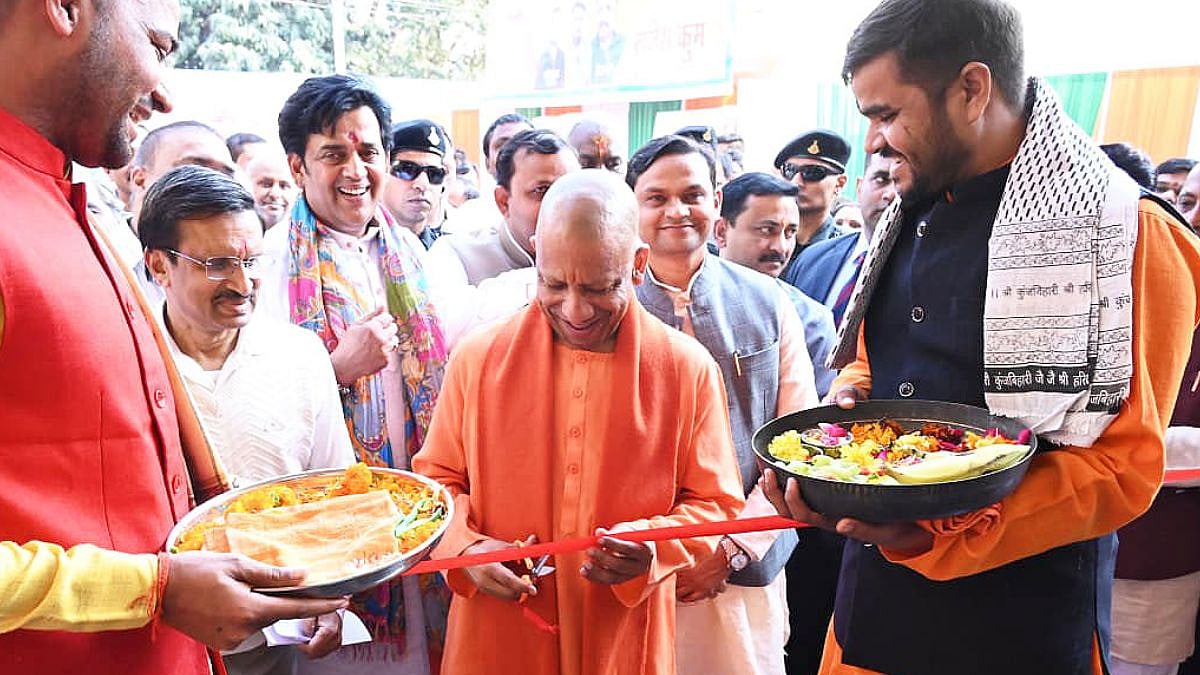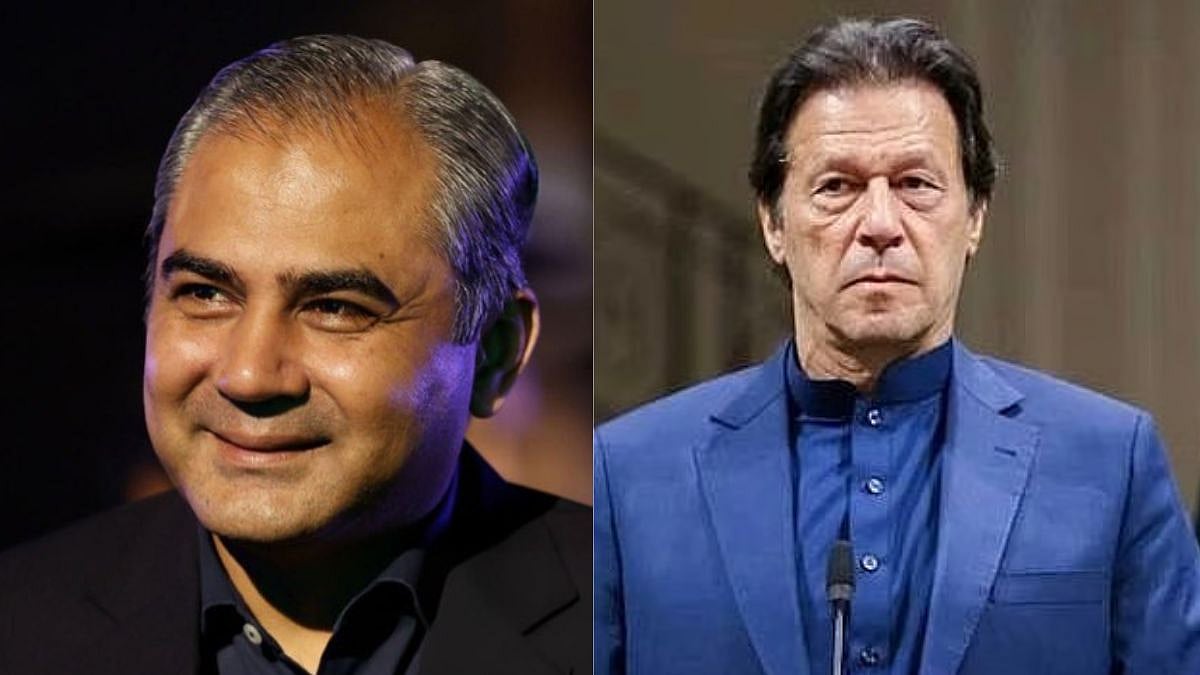Washington DC: US President Donald Trump on Monday, October 20, had an awkward moment with Australian Ambassador Kevin Rudd during a joint press conference with visiting Prime Minister Anthony Albanese at the White House.
The exchange came shortly after the two leaders signed a multibillion-dollar agreement on rare-earth and critical minerals cooperation.
A video of the same went viral on social media. Have a look at it here:
Trump confronts Rudd over past remarks
During the media briefing, Trump interrupted proceedings when a journalist mentioned Rudd’s previous comments criticising him. “Did an ambassador say something bad about me? Where is he? Is he still working for you?” Trump asked Albanese, who was seated beside him.
The Australian Prime Minister pointed across the table to Rudd, a former prime minister and Canberra’s envoy to Washington since 2023. Trump, turning towards Rudd, pressed, “You said bad?”
As Rudd began to respond, clarifying that his remarks were made before he took up his diplomatic post, saying, “Before I took this position, Mr President,” Trump cut him off. “I don’t like you either. I don’t. And I probably never will,” he said, before redirecting attention to another question from reporters. The exchange, caught on camera, quickly spread across social media.
Rudd had been one of Trump’s vocal critics before his ambassadorship, having called him the “village idiot” and “the most destructive president in history” in 2021.
Rare-earth deal signals push to counter China
The confrontation overshadowed what had been a significant development in US-Australia economic relations earlier in the day. Trump and Albanese signed an agreement to deepen collaboration in mining and processing rare-earth and critical minerals, key materials used in semiconductors, batteries and defence technology.
The deal includes $2 billion in combined investment commitments aimed at reducing Chinese dominance in the global supply chain. Beijing currently controls about two-thirds of rare-earth mining and roughly 90 percent of global processing.
Trump also warned that the US could impose a 100 percent tariff on Chinese goods if Beijing maintains its new policy requiring state approval for exports involving rare-earth materials. The agreement was presented as a strategic step to secure supply chains and strengthen Western resilience in the high-tech sector.









